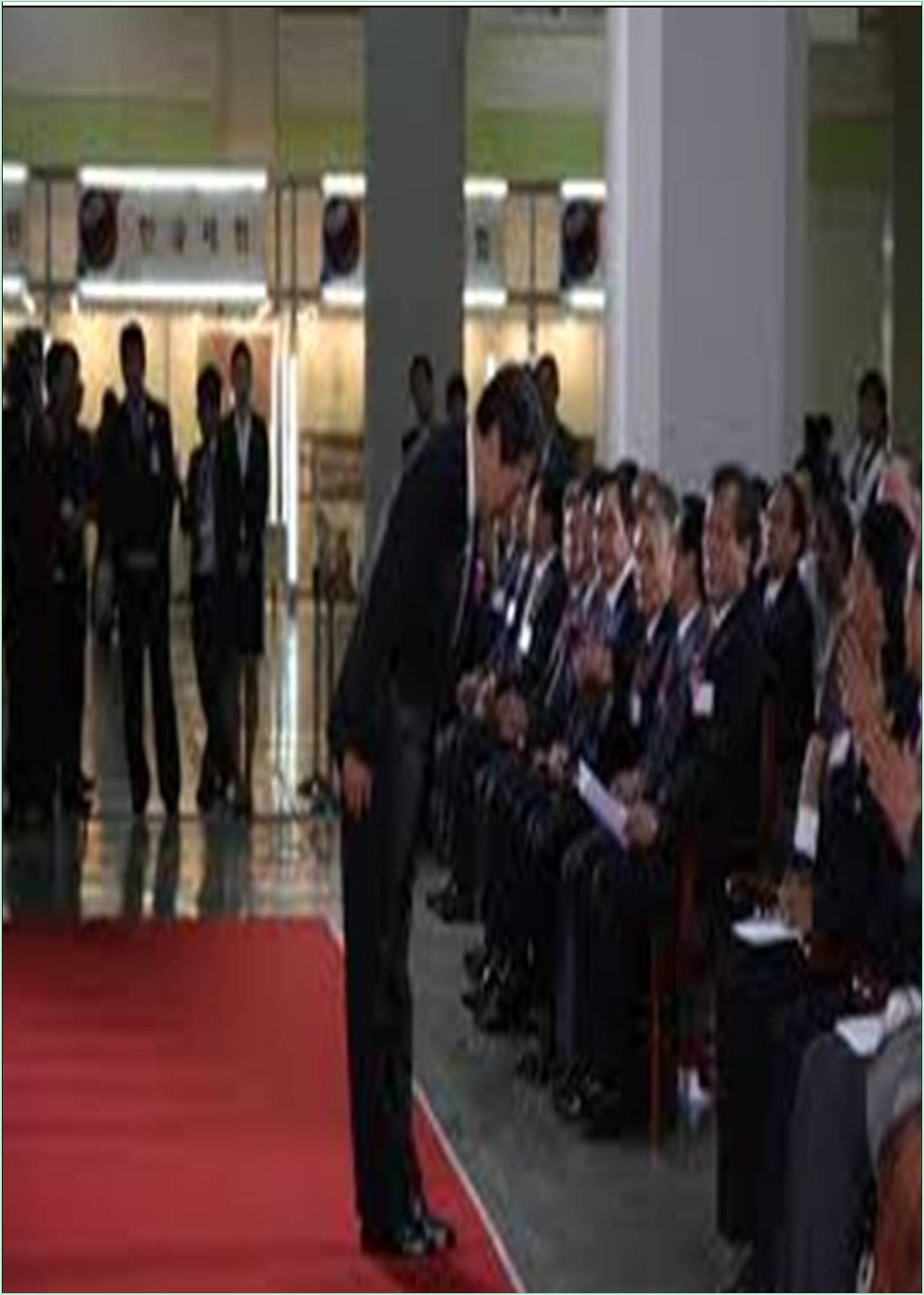



Received: 24-Aug-2022, Manuscript No. JPAPR -22-72842; Editor assigned: 26-Aug-2022, Pre QC No. JPAPR -22-72842 (PQ); Reviewed: 09-Sep-2022, QC No. JPAPR -22-72842; Revised: 10-Jan-2023, Manuscript No. JPAPR -22-72842 (R); Published: 17-Jan-2023, DOI: 10.15651/JPAPR.23.1.013
"Religion" and "globalization" are the two component terms that comprise the topic of this study. The term "religion" is derived from three Latin words: "Ugare," which means "to bind," "relegaren," which means "to unite," and "religion," which means "relationship." Religion is defined as a fixed relationship that exists between the human self and some non-human entity, the sacred, supernatural, self-existent, absolute, or simply referred to as god in religion. Religion, according to Haviland, is "a set of rituals, rationalized by myth, that mobilize supernatural powers to achieve or prevent state transformations in people and nature."
The term "globalisation" refers to the late 20th century phenomenon of increased interconnectedness between the economic, political, cultural, and technological aspects of communities worldwide. While some argue that globalization is associated with problems such as widening the gap between the rich and the poor in society, environmental destruction, the enforcing of a western neo colonialism, the violation of fundamental human rights and freedoms, the unbalancing of traditional cultural identities, and the encouragement of materialism, others argue that globalization has benefits in education and the economy. The history reveals that the agentopponent paradox. That is, despite the fact that religion and globalization are inextricably linked, the latter can have a variety of, sometimes contradictory, effects on religion. Most people should understand that religion should not be treated as a monolith, a reality dictated by its sheer diversity and the world's almost incalculable number of religious actors. Nonetheless, scholars should become at ease with this strange relationship, especially since religion frequently exposes globalization's paradoxes. Another such paradox is the agent opponent problem, which arises from the fact that religious actors, in addition to being agents of globalization, also serve as principals in its counter revolution. Given that globalization, through a process known as homogenization, can easily upset cultural moors, it should come as no surprise that this powerful force is perceived as an antagonistic source of disruption by some religious actors, nor should it come as a surprise, regardless of globalization's incarnation, be it neoliberal economic policy, religion cultural homogenization, Americanization, imperialism, or something else, that very genesis.
The phenomenon of a religion spreading without regard for a specific nation, society, or ethnic group is not novel. Religion is fundamentally endowed with such survival abilities. But what I want to emphasize here is that the concept of globalization refers to the situation after so called "world religions" namely, Christianity, Islam, and Buddhism have established their religion cultural spheres around the world. Everywhere in the world, one can see the deep connection between religion and the state or ethnic group, and various religious structures along with the characteristics originally held by the religion or sect have frequently undergone great transformations as specific nations or ethnic groups have developed.
In this context, globalization of religion can be understood as a process of realignment in this global religious situation, a process that involves three facets: it implies the inevitable transformation of individual religious organizations, new characteristics in doctrines, rituals, and practices can be expected and third, globalization will be accompanied by changes in human support.
The increasing use of communications technologies to bring religious values into harmony or direct clashes exemplifies the interdisciplinary aspect of globalization and religion. CNN recently aired a story about an American Jew who "prayed" at the Wailing Wall by holding up a cell phone to the wall. Television is also used to bridge and connect the world and religion. The relationship between politics and religion raises numerous issues from an interdisciplinary standpoint. Politicians are primarily concerned with issues that they or their constituents wish to advance. In some cases, these issues may not benefit the vast majority of the public. The same thing happens as a result of globalization. Some may benefit from globalization, while others may not.